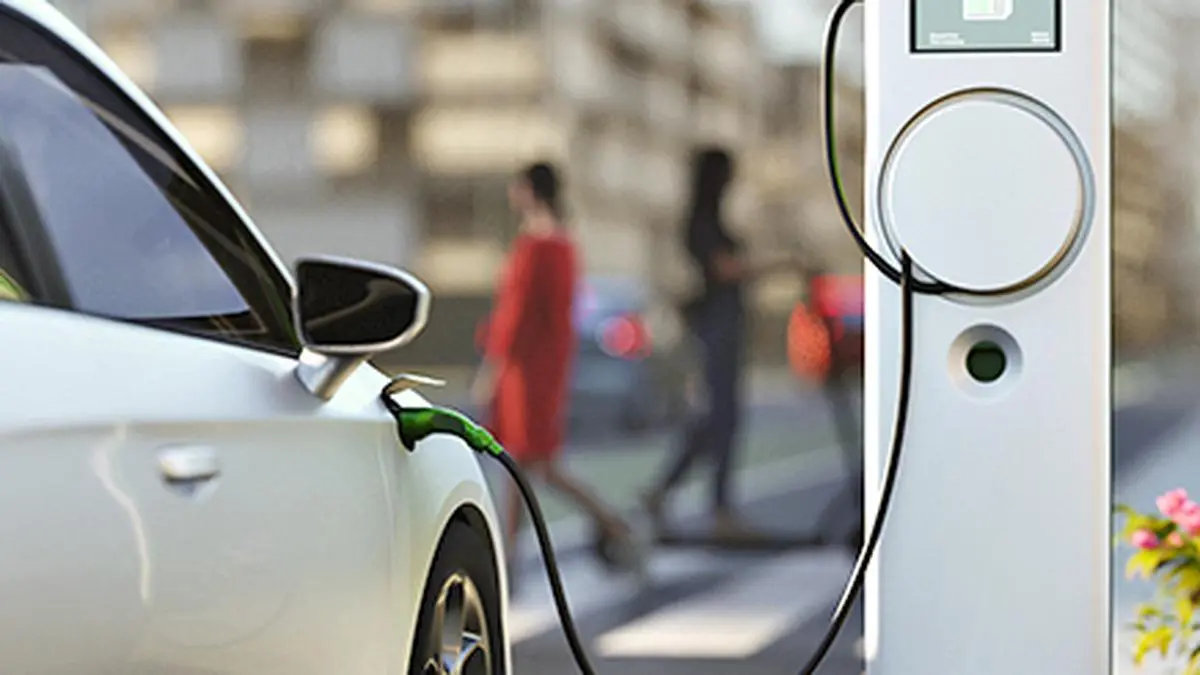Politics
India’s “Right to Charge” Fuels Electric Vehicle Adoption

Access to charging infrastructure is emerging as a critical issue in India’s push towards electric vehicle (EV) adoption. As the country navigates this significant shift in transportation, the “Right to Charge” initiative seeks to empower EV users with the ability to install home charging points. Globally, approximately 80-90 percent of EV charging takes place at home or work, a trend evident in nations leading in EV adoption, including the United States, the United Kingdom, and China.
The current landscape in India reveals a stark contrast between homeowners with private charging capabilities and the numerous urban residents living in apartment complexes who lack convenient access to charging facilities. Many of these residents face hurdles such as obtaining permissions from Residents’ Welfare Associations (RWAs), inadequate electrical infrastructure, and a lack of available space for installing chargers. Notably, over 60 percent of EV owners reside in independent houses or standalone buildings that offer dedicated parking, underscoring the challenges faced by apartment dwellers.
Government Initiatives and Policy Support
In recent years, the Indian government has significantly backed the “Right to Charge” movement. The Ministry of Housing and Urban Affairs has amended its Model Building Bye-laws to ensure that provisions for EV charging are included in both new and existing buildings. In Maharashtra, concrete measures have been implemented to streamline the installation process. Housing societies are now required to issue No-Objection Certificates for the installation of EV chargers within seven days, provided that safety guidelines are met. Such initiatives aim to empower individuals to install charging points at their convenience.
While these policies are a step in the right direction, effective enforcement remains a crucial component. Many housing societies are still hesitant to comply, often due to a lack of awareness regarding their obligations. Recent judicial interventions, including directives from the High Court requiring housing societies to facilitate charging installations, highlight the necessity of legal enforcement.
For the “Right to Charge” initiative to succeed, three essential pillars must be established: clear legal frameworks that protect residents’ rights, standardized technical protocols addressing safety concerns, and efficient dispute resolution processes. Without robust enforcement mechanisms, the benefits of this initiative may primarily favor those living in standalone homes, limiting its impact on India’s broader goal of achieving net-zero emissions.
Future Prospects for Electric Mobility
The integration of the “Right to Charge” into India’s mobility ecosystem has the potential to drive transformative change. Universal access to home charging facilities will enhance consumer confidence and accelerate the adoption of electric vehicles across diverse demographic groups. By making the advantages of zero-emission mobility available to all, this initiative can significantly expand the EV market.
India’s commitment to mainstreaming electric mobility is underscored by the “Right to Charge” initiative. To achieve a comprehensive and accessible charging infrastructure, strong, long-term policies, rigorous enforcement, and proactive collaboration among governmental agencies, housing communities, and citizens are essential. Ensuring that every individual with assigned parking has access to a home charger is vital for promoting broader adoption as India approaches its ambitious EV penetration targets.
The groundwork for this initiative is laid; now, a focused effort on implementation and enforcement will define the future of electric mobility in India.
-

 World5 months ago
World5 months agoSBI Announces QIP Floor Price at ₹811.05 Per Share
-

 Lifestyle5 months ago
Lifestyle5 months agoCept Unveils ₹3.1 Crore Urban Mobility Plan for Sustainable Growth
-

 Science4 months ago
Science4 months agoNew Blood Group Discovered in South Indian Woman at Rotary Centre
-

 World5 months ago
World5 months agoTorrential Rains Cause Flash Flooding in New York and New Jersey
-

 Top Stories5 months ago
Top Stories5 months agoKonkani Cultural Organisation to Host Pearl Jubilee in Abu Dhabi
-

 Sports4 months ago
Sports4 months agoBroad Advocates for Bowling Change Ahead of Final Test Against India
-

 Science5 months ago
Science5 months agoNothing Headphone 1 Review: A Bold Contender in Audio Design
-

 Top Stories5 months ago
Top Stories5 months agoAir India Crash Investigation Highlights Boeing Fuel Switch Concerns
-

 Business5 months ago
Business5 months agoIndian Stock Market Rebounds: Sensex and Nifty Rise After Four-Day Decline
-

 Sports4 months ago
Sports4 months agoCristian Totti Retires at 19: Pressure of Fame Takes Toll
-

 Politics5 months ago
Politics5 months agoAbandoned Doberman Finds New Home After Journey to Prague
-

 Top Stories5 months ago
Top Stories5 months agoPatna Bank Manager Abhishek Varun Found Dead in Well









